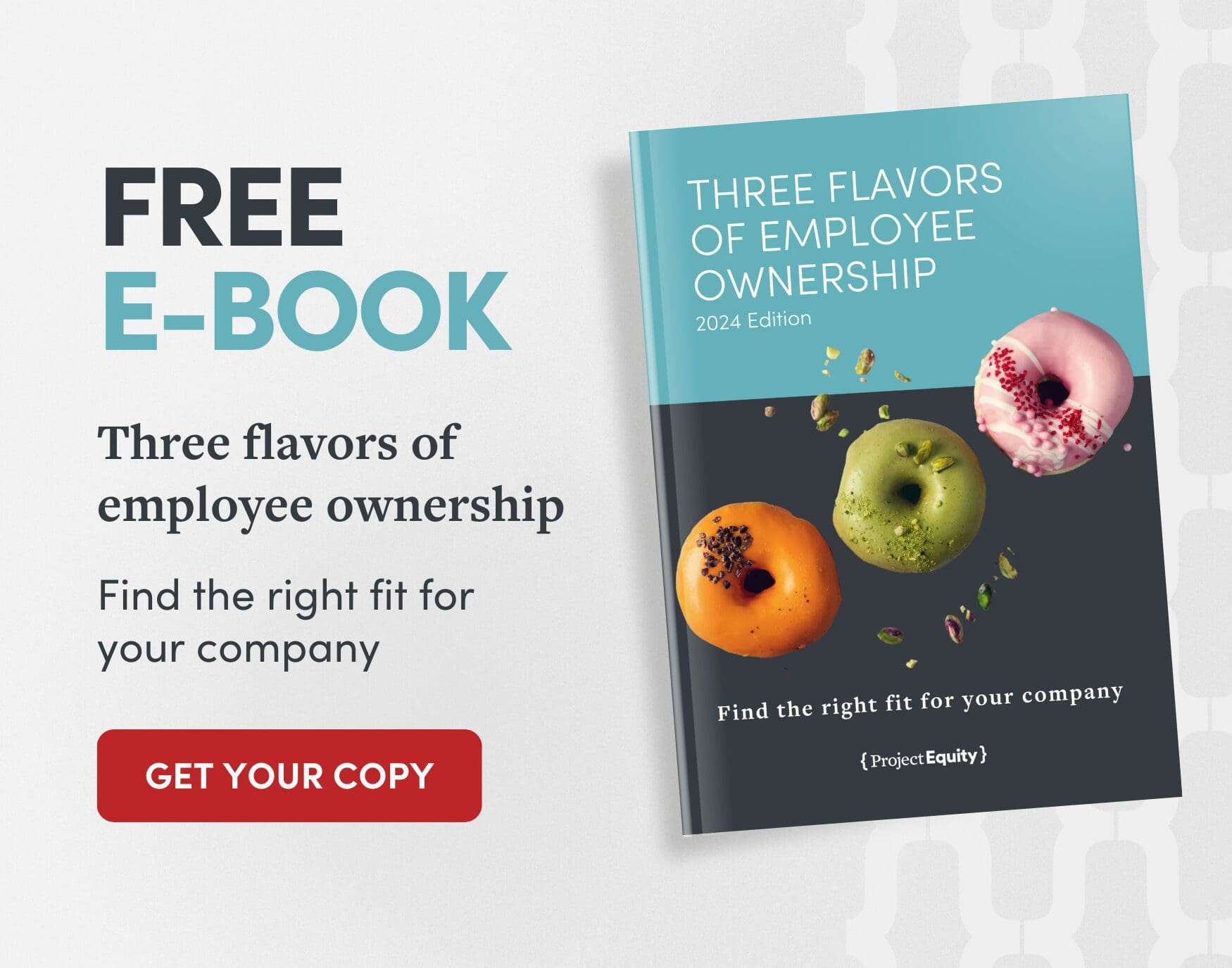Policy changes are in store for ESOPs
- Michelle Philippon
“From a policy standpoint, I anticipate seeing the Trump administration take action to address the pending adequate consideration rule for Employee Stock Ownership Plans (ESOPs),” Tyler Rivera, the manager of policy and impact at Project Equity, said.
On January 16th, 2025, the Department of Labor released a long-awaited draft adequate consideration rule to resolve the issue of how ESOP trustees should determine the value of shares to be bought or sold by an ESOP. While the current administration imposed a moratorium on all proposed regulations from the Biden administration, we will likely see the Trump administration issue its own set of regulations.
“In light of The ESOP Association’s—the nation’s largest employee ownership advocacy organization—stated concerns with the Department of Labor’s (DOL’s) draft proposal, alongside their proactive engagement with the Trump administration, I would expect to see a modified set of regulations introduced in the months ahead,” Tyler explained.
Some background info.
For context, Congress created ESOPs in 1974 through the Employee Retirement Income Security Act (ERISA). ERISA allows ESOPs to purchase employer shares using funds borrowed from the ESOP’s sponsoring company, provided the ESOP pays no more than “adequate consideration” for the stock.
However, ERISA offered no specific guidance on what constitutes a “good faith” effort to determine the fair market value of shares in ESOP transactions, leaving the adequate consideration open to interpretation. In 1988, the Department of Labor (DOL) proposed regulations to define adequate consideration for ESOP transactions, but those rules were never finalized. This lack of clarity around the adequate consideration exemption, ESOP advocates argue, has yielded a regulatory environment in which ESOP fiduciaries and sellers face the threat of costly investigations and lawsuits, stifling the growth of ESOP formation and limiting their ability to deliver wealth-building benefits and retirement security for working people.
Recognizing the need for clear guidance on what constitutes a “good faith” effort to determine the fair market value of shares in ESOP transactions, Congress passed the SECURE 2.0 Act, which directed the DOL to issue formal rules on the adequate consideration exemption. After fifty years of regulatory ambiguity, the DOL unveiled its proposed adequate consideration rules, adopting a “principles-based approach” to defining adequate consideration.
The proposal outlined a two-part test requiring that both the “fair market value” of the stock and the “good faith” determination of that value be satisfied, without specifying precise valuation methods or methodologies. The DOL also proposed a “safe harbor” exemption providing a clear procedural framework that sellers and ESOP trustees could follow to avoid legal violations.
What’s next?
“Looking ahead, it is almost certain that the DOL will revise the proposed rules in whole or in part before issuing new guidance,” Tyler said. “And with The ESOP Association engaged in ‘high-level communication’ with the Trump administration around the adequate consideration rules, we may see proposed regulations that incorporate the Association’s feedback more closely resemble their model adequate consideration language.”
The Trump administration recently nominated Daniel Aronowitz to serve as Assistant Secretary of Labor for the Employee Benefits Security Administration (EBSA). If confirmed, Aronowitz would oversee any revisions to the adequate consideration and safe harbor rules, in addition to administering the DOL’s Employee Ownership Division, which is housed under EBSA’s Office of Outreach, Education and Assistance.
About the author
Michelle Philippon is the content manager at Project Equity, where she helps drive the organization’s storytelling by crafting and distributing content that showcases the power of employee ownership. A creative and results-driven content marketer, Michelle loves working with internal and external SMEs to provide useful insights to help small business owners, business advisors and economic developers achieve their goals.



